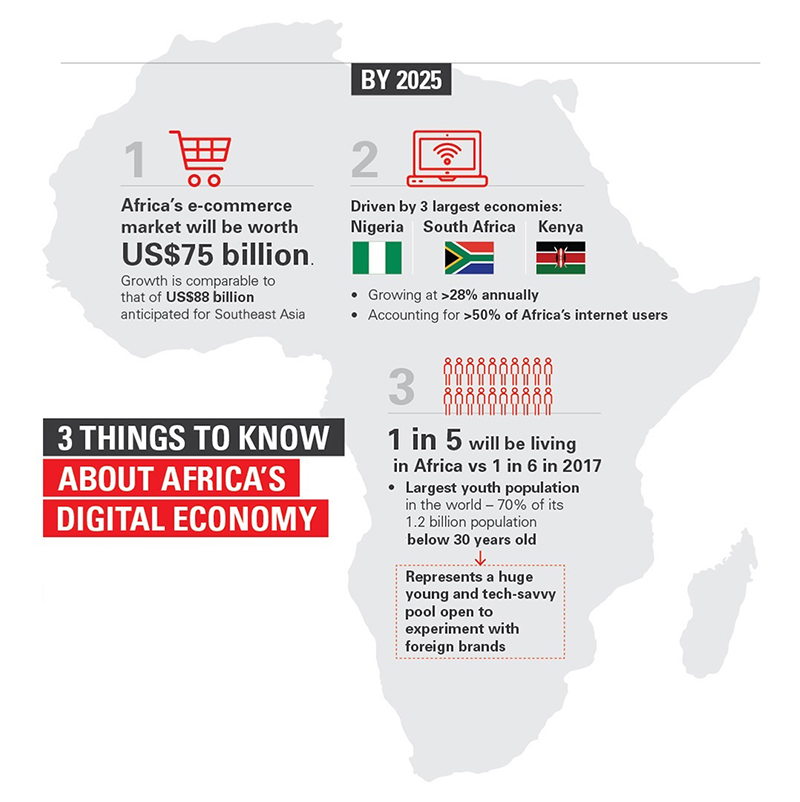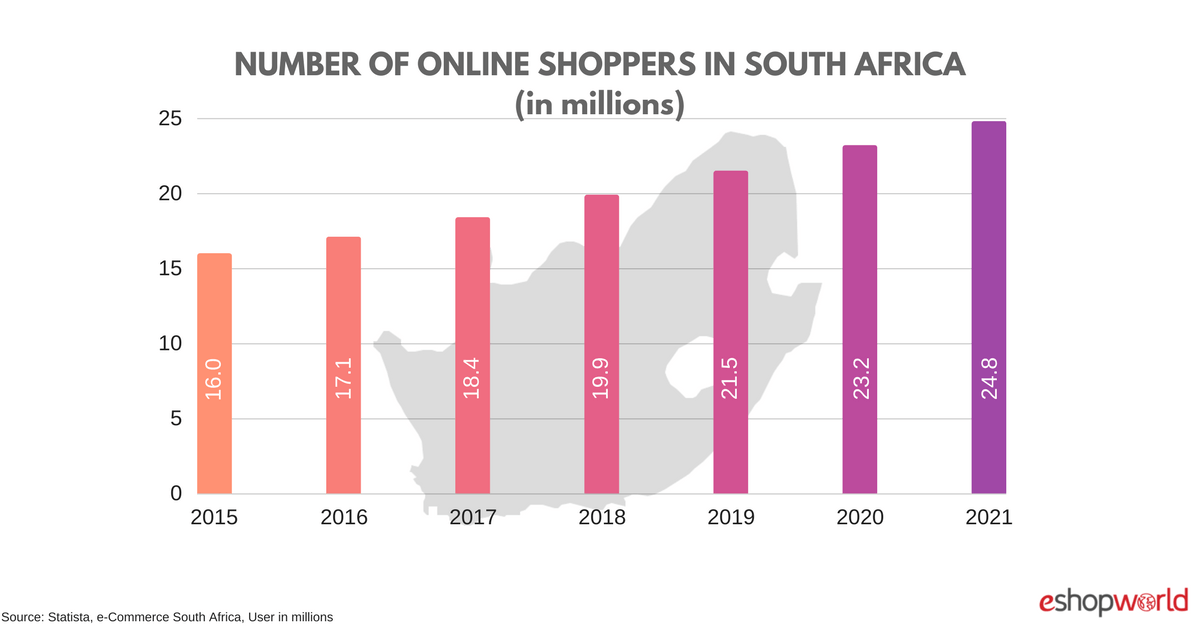The app economy of Africa is finally catching the pace it had the potential for since many years.
Take the example of Nigeria’s e-Logistics Pioneer Kobo360, it recently (December 2018) raised $6Million equity from World Bank IFC.
Kobo360 is a tech enabled culminating logistics startup, operating in Nigeria with a Africa-wide expansion plan in pipeline.
This is an innovative startup that is making company operations more efficient and lowering transport costs – Philippe Le Houérou, CEO of IFC.
E-logistics is experiencing a level of boom where more than any other on-demand services, most common on-demand services available in Africa is e-logistics.
Even more than transport and home services apps!
Does this mean that the app economy boom in Africa is mainly driven by e-logistics? Yes, it does.
How is e-logistics driving e-commerce boom in Africa?
E-commerce firms across Africa continue to struggle to achieve profitability and sustainability. E-logistics is considered as the solution to Africa’s e-commerce growth.
As the result of,
- Deployment of broadband fiber optic cables along the coast
- Increasing use of smartphones
- Developments seen in communication
African e-logistics sector is witnessing a faster growth and development.

[spacer height=”5px”][adrotate banner=”1″][spacer height=”5px”]
Along with rise in growth of demand for e-products, there have been a noticeable rise in sales particularly of physical goods. This could not have happened without the space taking an increasingly sophisticated approach to logistics.
Lori Systems is another startup from that is powering African logistics has prospered tremendously in e-logistics sector,
Lori Systems has been named Best of Show and won the productivity & utility category.
One such example of e-logistics company supporting e-commerce businesses is Nigeria’s Metro Africa Xpress (MAX) who is successfully solving Nigeria’s last mile delivery demand since 2015. They use mobile and web platforms to connect consumers, retail businesses and independent drivers in real-time.
Growth of e-commerce in Africa is growing adamant because they no longer have to develop their own logistics process and successful e-logistics companies can do it for them – Adetayo Bamiduro, Co-founder , MAX
Reasons why e-commerce startups require support from e-logistics companies

Number of online shoppers in Africa are constantly on rise, more e-commerce startups are looking forward to tap this market opportunity, its very significant for e-commerce startups to integrate good logistic system in place.
Related Read : Tapping Into Africa’s Mobile App Market
Here is why you need to integrate e-logistics to support your e-commerce business in Africa:
Utmost Transparency: People who shop online now a days need complete transparency on the goods that they have ordered. They need real time updates of every stage.
E-logistics satisfies this demand and leads to growth in e-commerce as a whole.
Efficiency: Technology cuts of the paper works to nil, saving a lot of time for both customers and sellers. The process of buying and selling is made very seamless with e-logistics.
Overall Safety : Customers can rely on e-logistics for safety of their goods. Everything in e-logistics works via internet, giving customers exact details of who is carrying their products, when can the expect the delivery and in-case anything goes wrong they can hold someone responsible for it.
It all helps in building up a feeling of safety.
Covers larger geographical boundary: E-logistics companies cover area of product distribution. This way more people can shop online and e-commerce business can flourish in remote regions equally.
How these African e-commerce startups ended up with low profits or losses?
An e-commerce startup, Konga, ultimately ended up being acquired by a bigger company after spending a huge chunk on establishing individual logistic services for their company.
Jumia is another e-commerce startup who is running on loss after loosing a lot of their funds on developing their own logistics solution.
Conclusions:
E-logistics is basically acting as a catalyst for e-commerce sector to grow rapidly. E-commerce companies need not setup their individual logistics section as it has proven very successful for many e-commerce startups.
These e-logistic companies are extending their services to e-commerce companies in Africa, providing a boost to e-commerce sector in Africa.
Be the catalyst for African e-commerce niche with the best e-logistics software solution – LoadEmUp
More Information
[spacer height=”5px”][adrotate banner=”2″][spacer height=”5px”]









